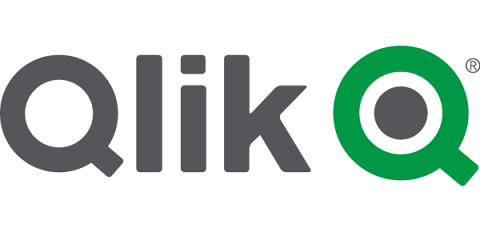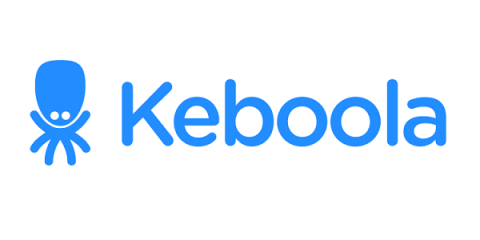Copyright Migrates Databases to the Cloud
Copyright quickly migrates its on-prem databases into Snowflake cloud using Fivetran. By implementing the modern data stack, and decommissioning numerous legacy platforms, Copyright estimates a savings of $40,000 a year and finds it much easier to manage the workload.








